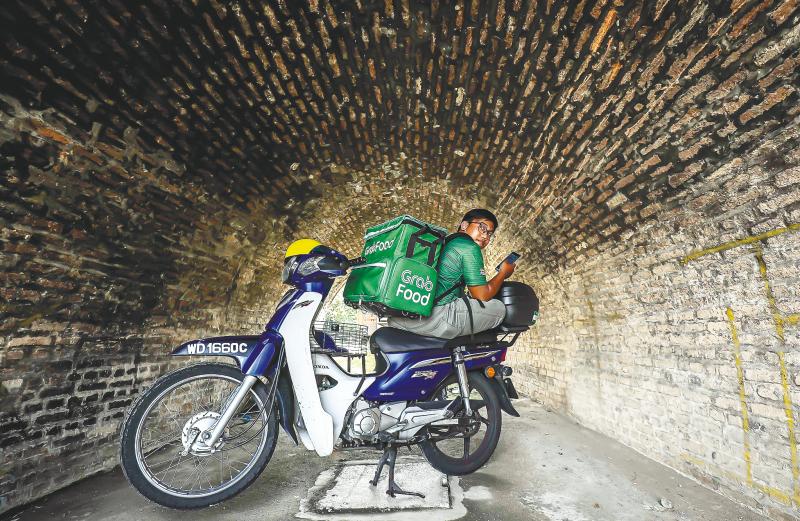PETALING JAYA: There is a need for procedures to govern hearing-impaired motorists to prevent road mishaps, according to a road safety expert.
“Currently, there is no mechanism or law to require hearing-impaired individuals to declare their condition to the Road Transport Department (RTD) before they are given their driving licence,” said Universiti Putra Malaysia (UPM) associate professor Law Teik Hua.
“Sight and hearing are two important senses for someone at the wheel,” said Law, who is also head of the Road Safety Research Centre at UPM. He noted that any impairment in either of the two senses would raise concerns about road safety.
“But now, when you go for the driving test at RTD, you are not asked if you have any condition that is not physically noticeable. There is no mechanism to find out if you have a hearing problem” he told theSun on the increasing number of hearing impaired drivers in the e-hailing service.
He said certain measures were necessary to ensure that these riders or drivers did not endanger themselves and others on the road.
“We have to be able to see and hear when driving a car or riding a motorcycle to be vigilant. Even if they wear a hearing aid, it may be disrupted by the helmet in the case of riders.”
He said allowing the hearing-impaired to drive could also raise the risk of accidents.
Law said even if there are no existing legislation for the RTD to ask candidates if they have a hearing problem, the department should ask anyway.
However, he conceded that it might not be practical to require all those sitting for a driving test to show medical proof that their hearing is not impaired.
He also lamented what he described as a lack of facilities and technology to accommodate disabled people when it came to road safety.
He said there is now a technology that enables vehicles to collect data from other vehicles and translate it into signals that the driver can view. “But I’ve never seen a vehicle equipped with this technology in Malaysia.”
Law also expressed concern about the ability of elderly people to be behind the wheel. “They can pose a threat not only to themselves but to others as well.
“A person needs to be able to function well to drive. But at age 70 to 80, he is technically not fit to drive any more. But perhaps the government does not see this as a problem.”
Official attempts to address the problem have also hit the wall. In 2017, the RTD urged driving schools to provide disabled-friendly amenities and to make driving tests accessible but there is still no one-stop centre to cater to their needs.
Malaysia has 84,927 registered disabled drivers with licences as of 2017.











